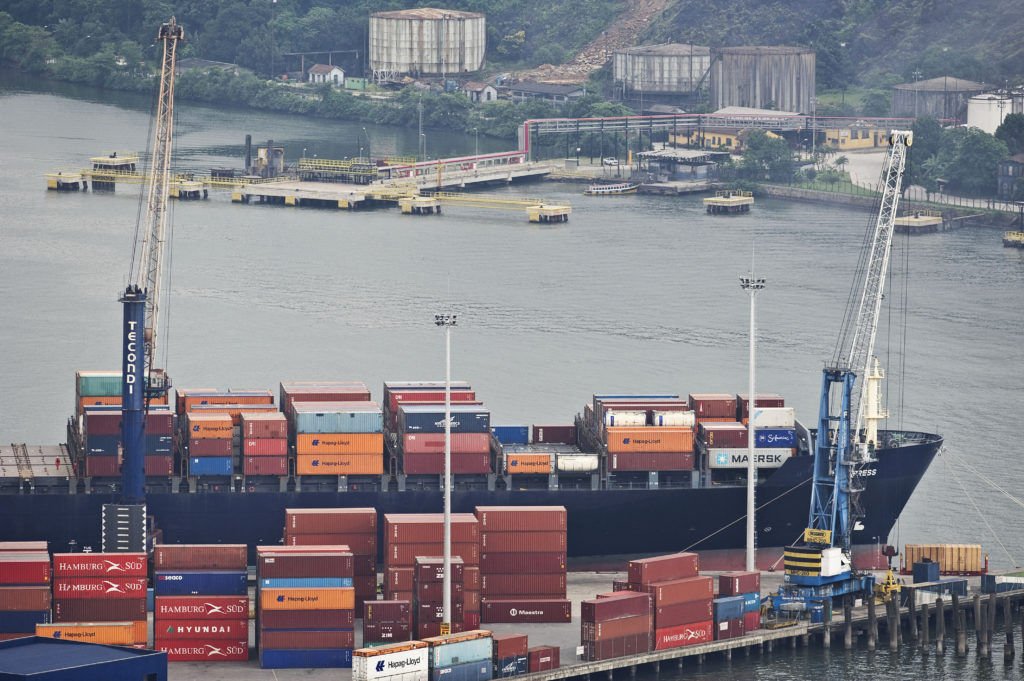São Paulo – Brazilian coffee exports in July had a 12.8% drop compared to the same period in 2020. The volume shipped in the month was 2.826 million 60-kg bags. The revenue obtained was USD 402.7 million, a 5.6% increase compared to last year’s same month.
The data are from the Brazilian Coffee Exporters Council (Cecafé), which reported difficulties the sector faces in transporting the product, mainly by sea.
In its report, Cecafé pointed out logistical obstacles were already present in previous months. Among the problems are increasing freight costs, cancellation of bookings, and disputes for containers and space on ships. The Santos Port (pictured above) is the central coffee shipping hub.
Read also:
- Co-op launches world’s first coffee-backed cryptocurrency
- Libya organizing its first coffee exhibition
For the organization, the issues were caused by the surge in demand for food and electronics, mainly in the United States and Asia. “Brazilian coffee is still fighting to conquer space on ships and be dispatched at the right time. The delays generate unprecedented operational impact for exporters and, mainly, a financial burden resulting from the lack of planned cash flow for this unimaginable scenario. It is worth remembering this co-occurs with a market reality in which prices have reached the highest levels recorded in recent years, and the harvest of the Brazilian crop is around 80%,” said, in a statement, the president of Cecafé, Nicolas Rueda.
Yearly accumulate
With this performance, shipments of the product abroad reached 23.737 million bags in 2021, growing 2.2% compared to the first seven months of last year.
In 2021, foreign exchange revenue from Brazilian shipments reached USD 3.203 billion, 7% higher than recorded in the first seven months of 2020.
In the first seven months of 2021, the Arab countries imported 1.037 million bags of Brazilian coffee, a 5.2% increase compared to the previous year. The generated revenue was USD 111.4 million, 6% higher than in the same period of 2020.
In the accumulated result for the year, Arabica coffee was the most exported, with 19.227 million bags shipped, accounting for 81% of the total. Robusta, or canephora, totaled 2.337 million bags. Finally, soluble coffee had 2.152 million bags exported in the period.
Translated by Elúsio Brasileiro




